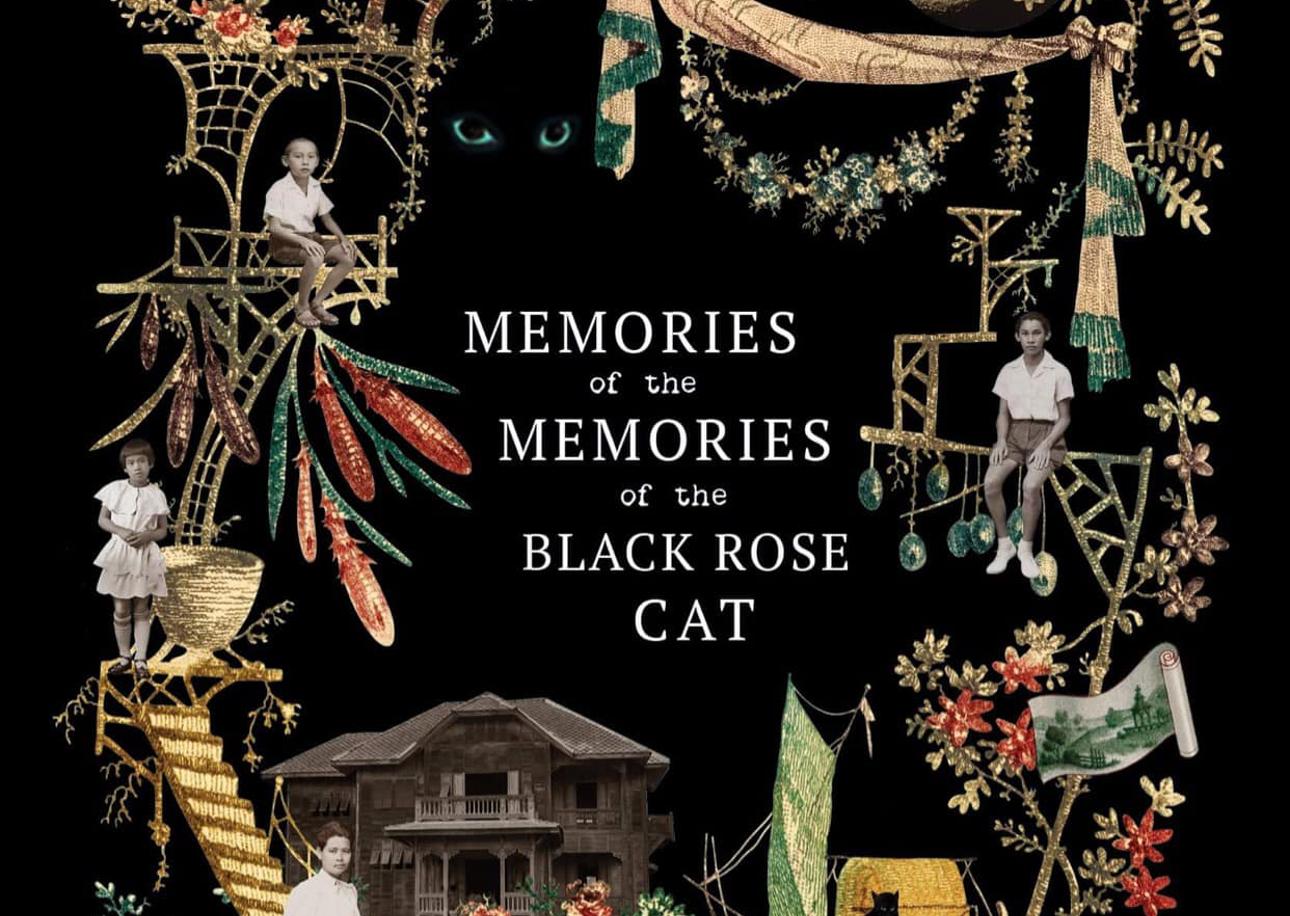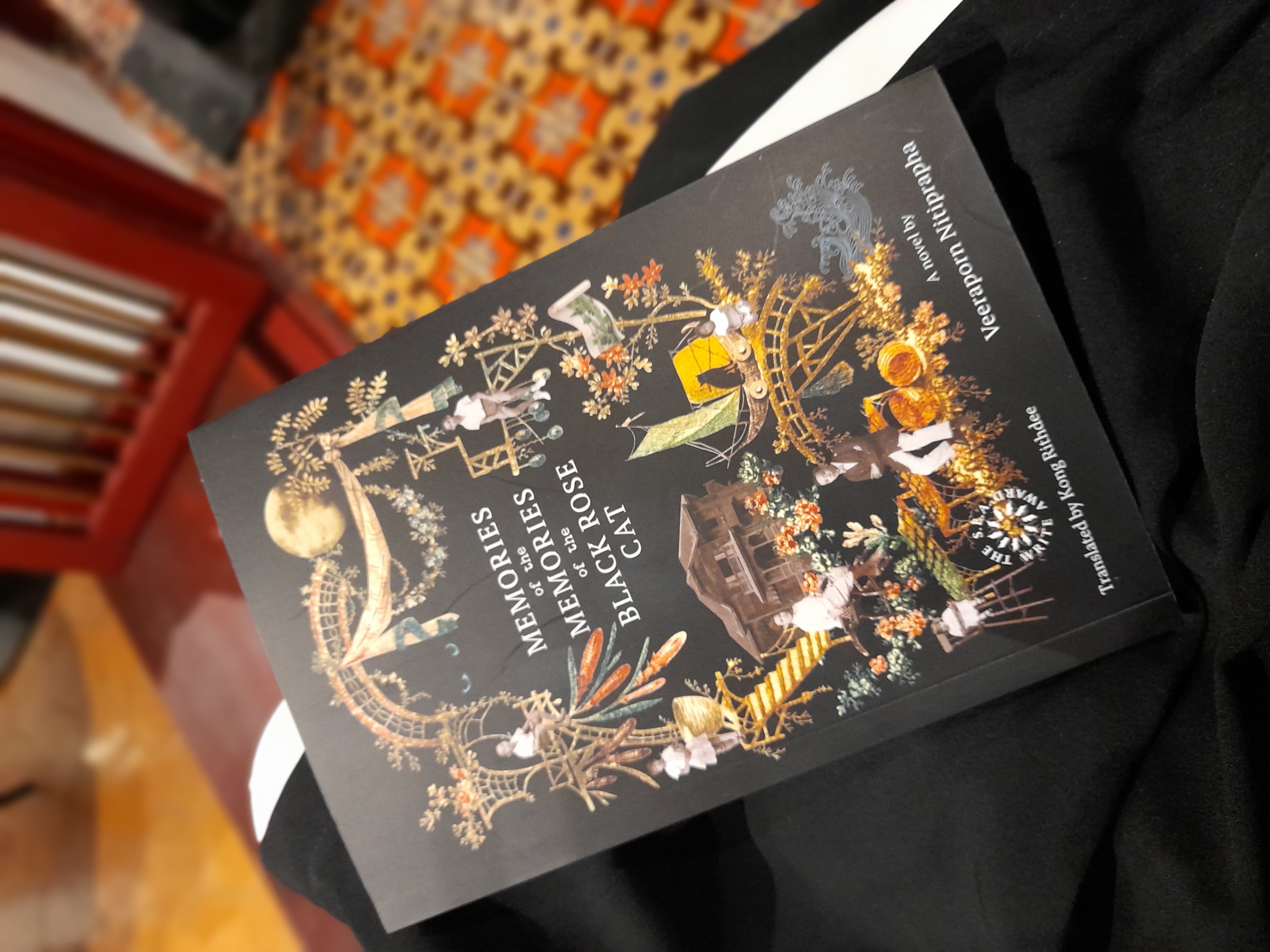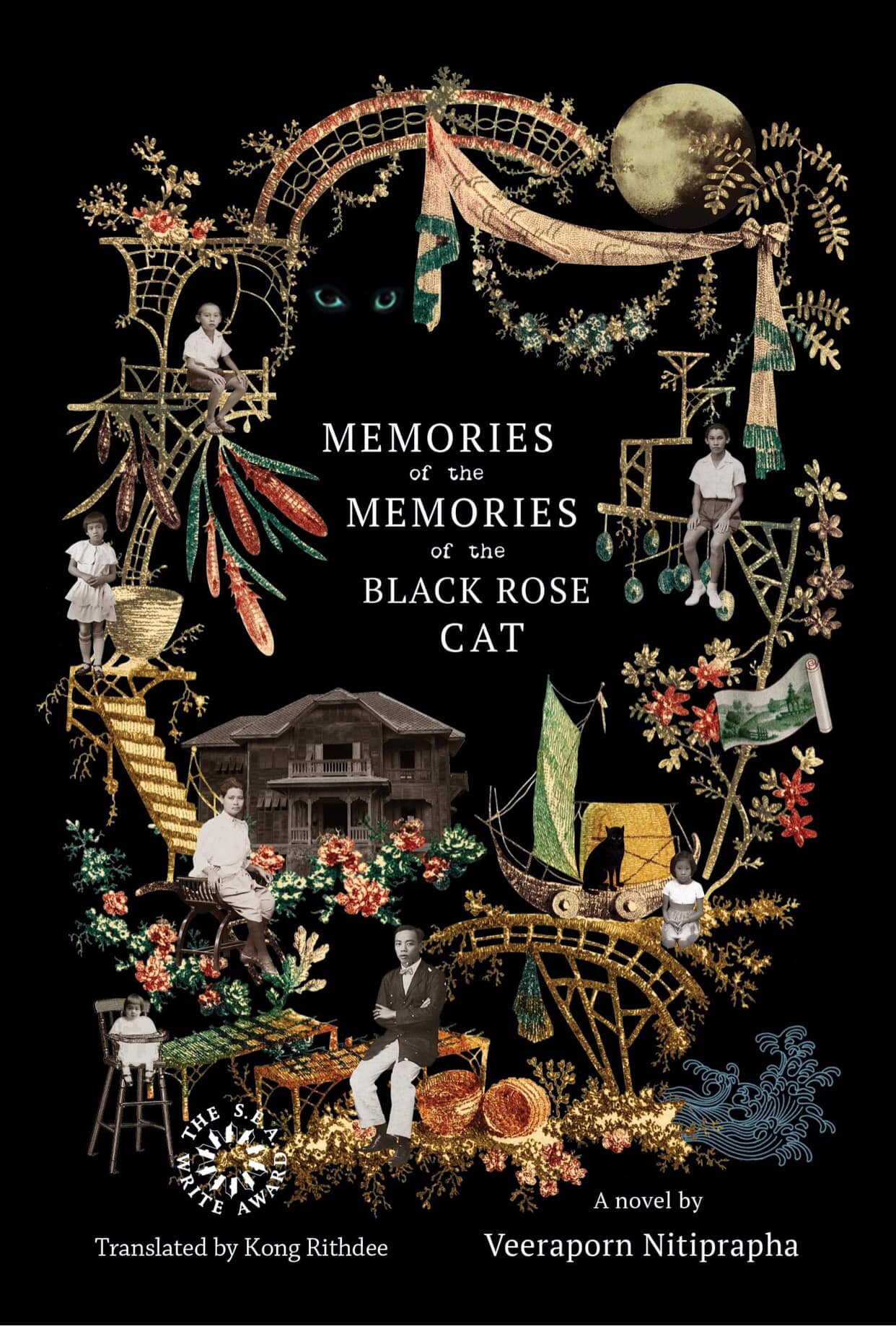Gentlemen’s Guide: Bangkok’s 5 Best Barber Shops
These top 5 barber shops in Bangkok are where gentlemen can elevate ...

Grandma Sri was a petite lady with beady, luminous eyes, her hair cropped and crowned with a short bush in a dok krathum style like women in ancient times, but with a side parting, oiled, the mass of grey strands appearing in faint gold and giving off the subtle aroma of kaffir lime blended with some kind of fragrant flower. It’s ‘Morgan’, an imported brand. Her sagging skin was soft and the colour of the full moon. Her smile, likewise, curved up like the smile of a crescent moon. Grandma Sri was kind, good-humoured, and had many stories to tell. And when she told them, she peppered them with Chinese proverbs, which to Dao sounded eccentric and amusing. When Grandma Sri was still around, Dao must have been four or five, or a little older. He wasn’t sure and couldn’t remember; it was a long time ago. One thing he recalled with certainty was that Grandma was living in the Rain Room but wrack his brain as he might he still couldn’t remember if that room had already smelled of rain, or when Grandma Sri disappeared, and how. His memory was broken into infinitesimal shards, piecemeal and scattered. Sometimes he would remember a moment with great clarity, as if it had just happened, but wouldn’t be able to remember exactly when it had happened, or what had happened before and what had happened right afterwards, or if there were any other moments pertaining to it. It was as if his memories weren’t his own but belonged to someone else.
Or maybe they were just memories of memories.
—Excerpt from “Memories of the Memories of the Black Rose Cat”

Thailand’s literary circle is pleased to welcome the English translation of SEA Write Award novel Memories of the Memories of the Black Rose Cat by two-time SEA Write laureate Veeraporn Nitiprapha. Translated once again by Kong Rithdee—one of the 2020 Future List 100—and edited by Sarah Rooney, readers can be assured of a version that remains as true as possible to the original, retaining the essence of the language and magic realism that is Veeraporn’s identity, as well as the Thai-Chinese cultural details that are at the heart of the novel.
It is most gratifying to see wonderful Thai novels being able to reach out to an international audience through translations that are worthy literary gems in themselves.
The novel traces the diaspora of three generations of a Chinese family, from the patriarch who immigrated from China and finding he eventually doesn’t belong in either country, to his descendants who have to try and find their identity in a country and landscape that is forever changing, where each character tries to get a handle on life but realises that nothing is in their control.
At the book launch, Veeraporn referenced the “rags to riches” legends of the various Chinese immigrant families who now control much of the country’s economy, which she attempted to rectify by presenting a more factual account based on people she knew—her own ancestors, in fact.
As the second of Veeraporn’s novels he translated after The Blind Earthworm in the Labyrinth, Kong felt slightly less intimidated this time around, but as any translator knows, you have to lose some of the poetry and linguistic anomalies that are impossible to transfer into another language and keep the overall mood and feel intact.
The allure of this novel is in the multi-level perspectives, all caught in a fine haze of time, as he so beautifully describes in his Translator’s Note:
By framing this lush, expansive narrative as “memories of memories”—of a cat to boot!—Veeraporn tests the limits of how far a novel can fictionalise history and how much a novelist can historicise her imagination. The memories within memories are at once truthful and shape-shifting, as limpid as a lotus pond and as undulating as the ripples on its surface. They are refracted through a mirror of time, multiplying, opaque, seductive and fearsome in their refusal to be defined.
This description is enough to make you want to read the book immediately.
Worthy of mention is the cover, which was designed by another of the 2020 Future List 100, artist Nakrob Moonmanas, known for his collage-style images that evoke myths, literature, and history, bringing them into a contemporary context with a hint of satire.

Memories of the Memories of the Black Rose Cat is published by River Books and is available at their shop or for delivery through their Line account. You can also find it at Asia Books, Kinokuniya, and Fathom Books.
These top 5 barber shops in Bangkok are where gentlemen can elevate ...
Pets, as cherished members of our families, deserve rights and protections that ...
Wandering around the globe, try out the signature tastes of cultures across ...
Sailorr and Molly Santana’s black grills fuse hip-hop swagger with homage to ...
Oooh, Pantone just dropped their 2026 Colour of the Year and it’s ...
Pattaraporn “Nat” Salirathavibhaga’s HOMELAND supports farmers through conscious purchasing and bringing agriculture ...
Wee use cookies to deliver your best experience on our website. By using our website, you consent to our cookies in accordance with our cookies policy and privacy policy